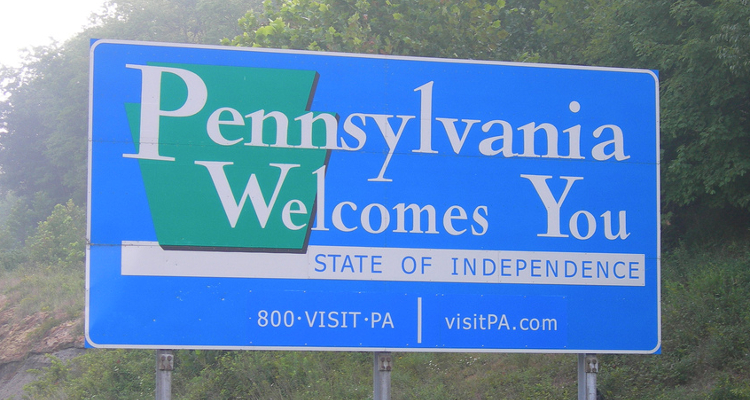Online gambling lobbyists in Pennsylvania continue to remain optimistic that the state senate will soon legalize online gambling and permit more electronic gambling options at brick & mortar casinos in the state. The gaming bill was passed by the House in July and the 2016-17 state budget took into consideration revenue that the online gambling revenue would generate. Lobbyists believe that the bill will most likely get the necessary approval by this fall.
Penn National Gaming conducted market research on the Pennsylvania online gambling market and reported that Pennsylvanians like to play online casino games. The company which operates the Hollywood Casino at Penn National Race Course is interested in offering online gambling services provided gaming regulators set a reasonable gambling tax rate and limit the online licensing fee to less than $5 million. The bill has proposed that the gambling tax rate be fixed at 16 percent.
Opponents to the online gambling bill believe that legalizing the online games could increase problem gambling in the state. However, Representative Russ Diamond stated that legalizing and regulating the online gambling industry would do more good than harm as it would protect online gamblers from being exploited by illegal gambling providers.
In a statement, Diamond said “Online gaming is already in Pennsylvania, it’s just not being regulated. People with gambling addictions, they’re going to play whether it’s legal or not.”
The proposed changes in the gambling bill are expected to bring in an additional $200 million each year to the state government. One of those changes includes introducing regulations for the Daily Fantasy Sports (DFS) industry which will require DFS operators to pay the state a percentage of their revenues. The bill also wants legalized gambling to be offered at airports and off-site betting parlors to be permitted at racetracks in the state.
The House did not approve one of the proposals that wanted video gaming terminals like slot machines to be available at private clubs and bars in the state. Diamond pushed for video gaming terminals stating that this was where the real money was made and highlighted the fact that video gaming is being offered in Pennsylvania by illegal gambling providers. The proposal was rejected by the majority of casinos in the state as they believed that video gaming terminals would not significantly increase gambling revenue and would only increase competition among casinos in the state and hurt revenue generation.
Gambling taxes on table games in the state is currently fixed at 16 percent and the 2016-17 gambling proposal wanted to increase this by an additional 2 percent. Eric Schippers, the senior vice president for public affairs and government relations admitted concern over the proposed increase in taxes stating that the more you tax something, the less of it you get.



